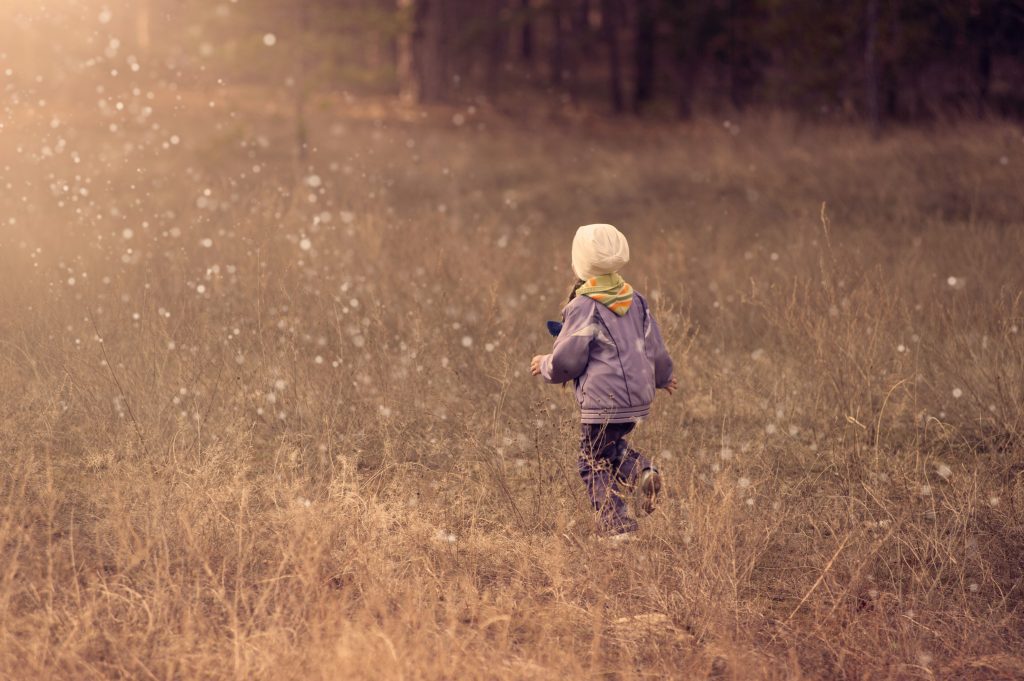
9 Minutes
CONTENTS
Experts commonly term children as highly resilient as they can easily bounce back from just about any situation. However, specific traumatic experiences in childhood can lead to severe and potentially long-lasting effects that stretch into adulthood if left unresolved. Known as childhood trauma, the phenomenon is real and can result from anything that triggers feelings of helplessness in a child while disrupting their sense of security and safety. Be it physical, verbal, or sexual abuse, bullying in school, or a serious illness, multiple factors contribute to the development of childhood trauma. Fortunately, help is available for people who wish to move past their traumatic memories and restart a happy life.

FAQs
A UNIQUE METHOD TREATING Trauma & PTSD
a successful and proven concept focusing on underlying causesTrauma & PTSD TREATMENT LASTING APPROACH
0 Before
Send Admission Request
0 Before
Define Treatment Goals
1 week
Assessments & Detox
1-4 week
Psychological & Holistic Therapy
4 week
Family Therapy
5-8 week
Aftercare
12+ week
Refresher Visit
Trauma & PTSD Insights
latest news & research on Trauma & PTSD
PTSD Episodes
PTSD episode is a stressful event that affects people suffering from Post-Traumatic Stress Disorder (PTSD) as they recall their traumatic experiences with emotional and physical manifestations.
read more
Understanding and Treating Trauma & PTSD
Trauma can be caused by any overwhelming experience that threatens or causes harm, either physical or emotional
read more
Best Trauma Treatment Centers
Joining an intensive trauma treatment center is essential because these specialized facilities offer a comprehensive approach to recovery
read more
































































